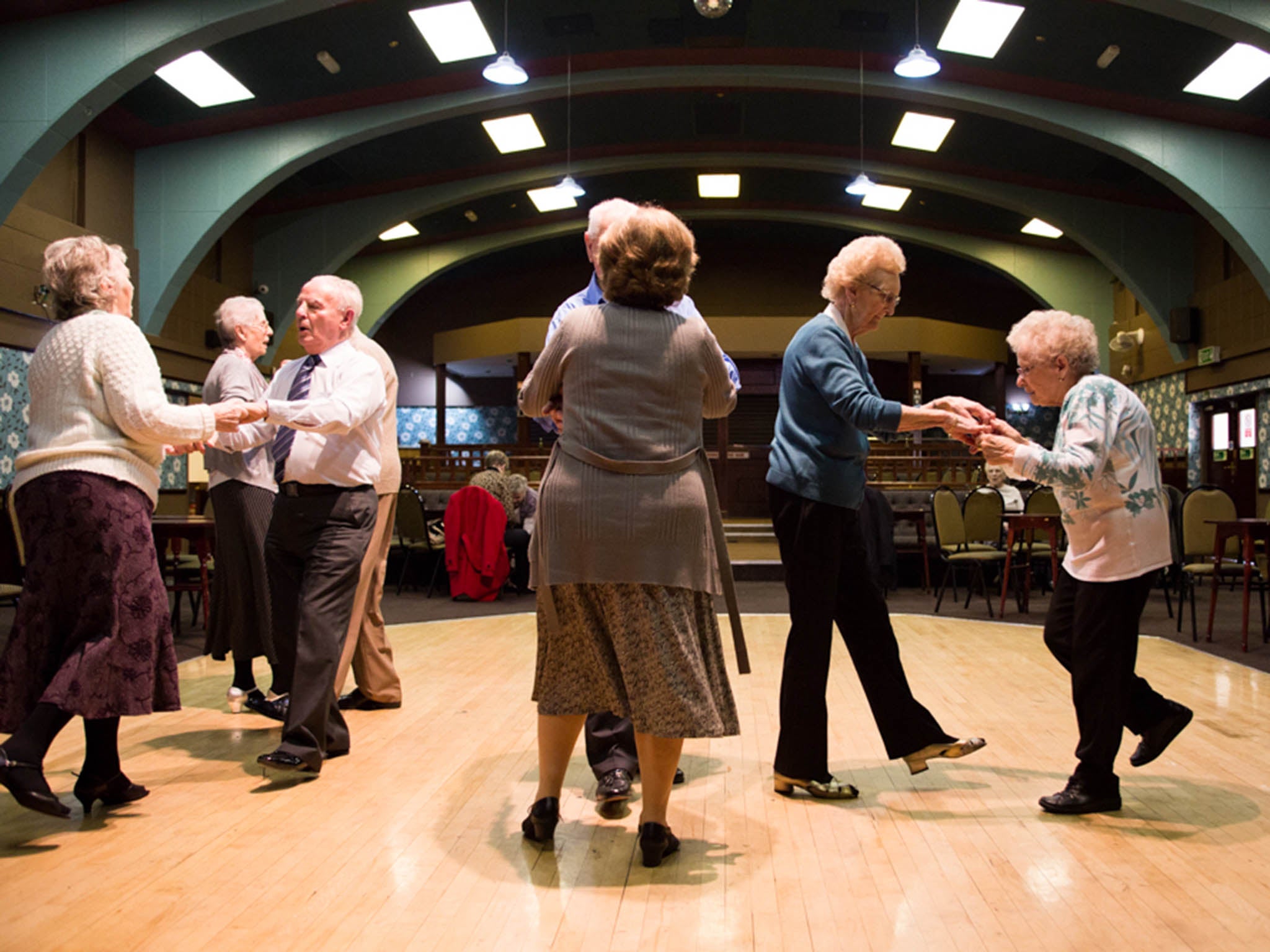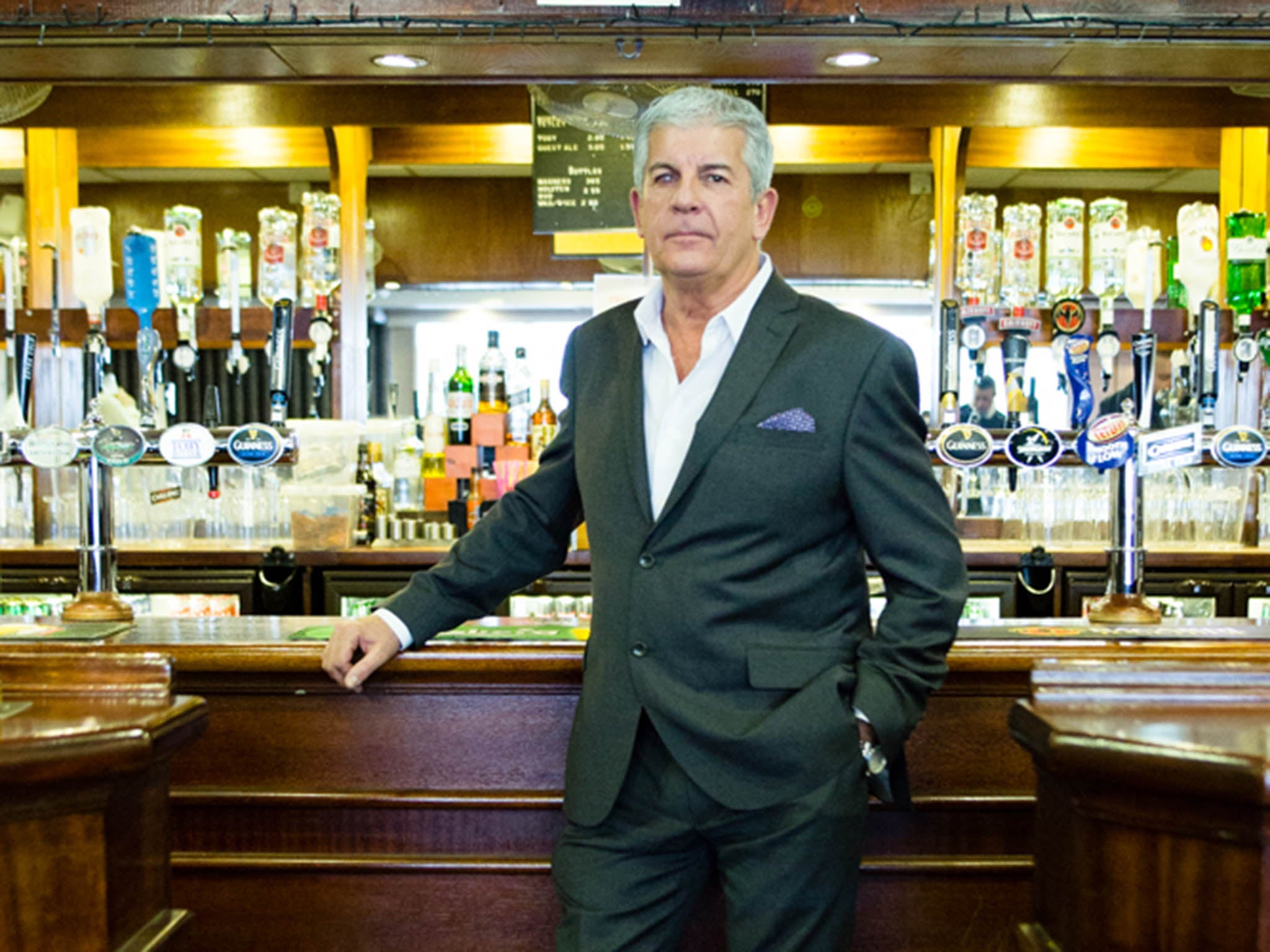Last Whites of the East End: BBC documentary explores being a white British minority in a hub for migration
In Newham, once a Cockney stronghold, white British residents are a minority for the first time in history. A new BBC documentary asks us to hear what they have to say

Your support helps us to tell the story
From reproductive rights to climate change to Big Tech, The Independent is on the ground when the story is developing. Whether it's investigating the financials of Elon Musk's pro-Trump PAC or producing our latest documentary, 'The A Word', which shines a light on the American women fighting for reproductive rights, we know how important it is to parse out the facts from the messaging.
At such a critical moment in US history, we need reporters on the ground. Your donation allows us to keep sending journalists to speak to both sides of the story.
The Independent is trusted by Americans across the entire political spectrum. And unlike many other quality news outlets, we choose not to lock Americans out of our reporting and analysis with paywalls. We believe quality journalism should be available to everyone, paid for by those who can afford it.
Your support makes all the difference.Newham, east London – home to West Ham Football Club, the Queen Elizabeth Olympic Stadium and the latest concrete jungle, courtesy of retail giant Westfield – is a hub for migration, one of the most ethnically diverse areas of the country. And it’s not just the demography that has changed in recent years. Expedited by the London 2012 Olympics, property investors have been buying up and building sky-high. It’s a very different world from the one that long-term residents such as Leanne Oakman grew up in, even if her own perspective seems wearingly familiar.
“Years ago, people would have a fight with their fists,” she says, “and that would be it, when we grew up going to school. Not any more. Now people will bring in knives. It’s not like the old East End, where everyone knew everyone and you leave your doors open. You knew who you was hanging around with, and you don’t no more. It’s other people as well…and it’s just scary, I think.“
Leanne is one of the people in Last Whites of the East End, a BBC1 documentary airing at the end of the month, which offers up a seldom-televised slice of contemporary Britain. Following the lives of such residents as the Oakman family, the programme explores the impact of immigration and the concomitant “white flight” of “their own kind”.

“Newham has reached its tipping point,” says the commentary, “becoming the place with the lowest white British population of anywhere in the UK." Which begs a question of many of those featured in the programme – those who want to leave their homes for whiter, Essex communities to the east: are they simply racist?
“Absolutely not,” says executive producer Emma Wakefield. “It’s one of the issues we wanted to tackle with the documentary – how to open up a discussion about things like a changing demographic. It has been said that unless we find a language to talk about this kind of stuff, it will get hijacked by the Far Right - and then nobody else has a voice.
“It’s important for people to talk about change and not be judged," she continues. “These people’s emotions and feelings about it are complex, which is understandable because change is hard.”

Many of the residents featured in the film voice their fears over a place that no longer seems like home, where they have started to feel “like foreigners in their own land” – all of which is bound to provoke comment. But the film is not without its surprises; from the elderly couples still enjoying a tea dance at the East Ham Working Men’s Club to the fifth-generation Asian immigrants discussing the concerns they have for their own children and how the area has changed around them.
“There is a big debate in the film about what we think culture is and how that has changed,” says Wakefield. “There are families who have always been part of a tight-knit community and the decision to leave is distressing for them.”
Before they leave forever, she says, “This is a chance to ask those people what they really think and how they feel. And these conversations don’t have to be angry or political. They just have to be human.”
‘Last Whites of the East End’ is on BBC1 on Tuesday 24 May at 10.45pm
Join our commenting forum
Join thought-provoking conversations, follow other Independent readers and see their replies
Comments